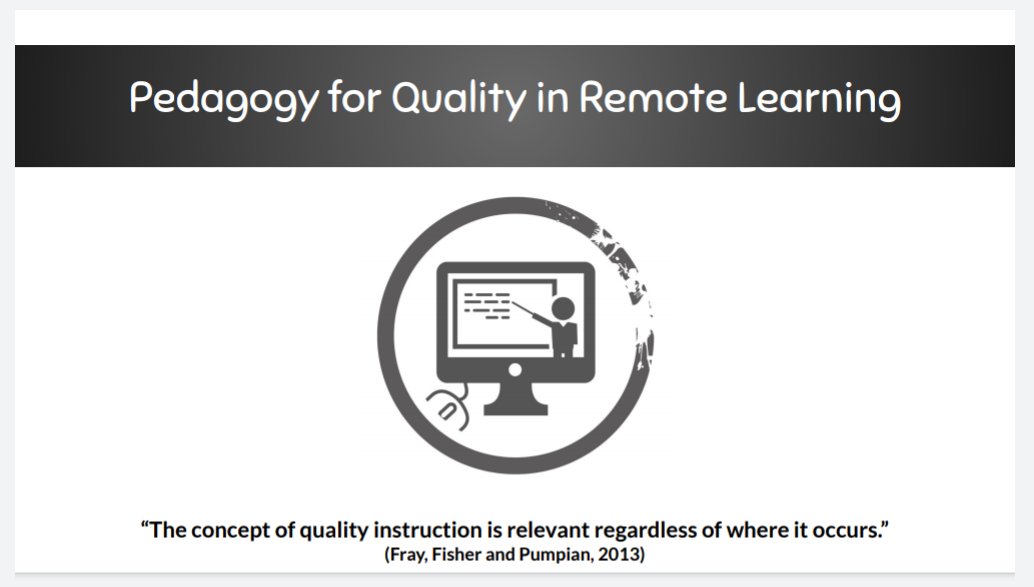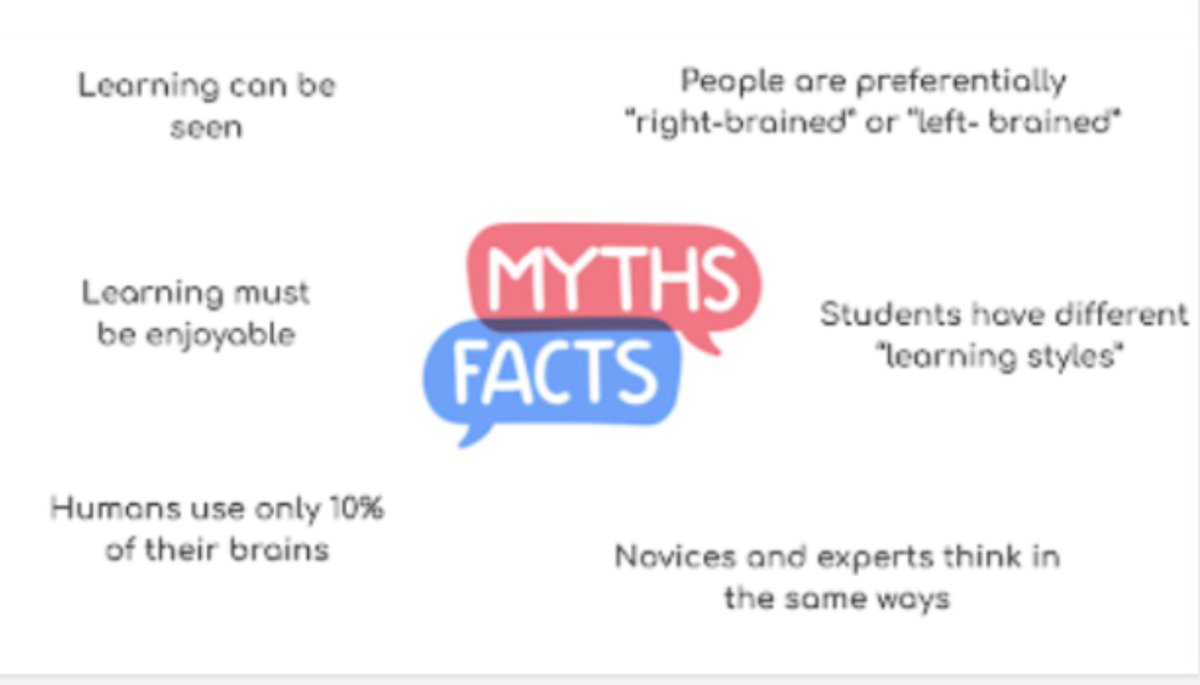
All things teaching English | Initial Teacher Education | Literacy | Research-informed Practice |
How to get URL link on X (Twitter) App




 Word selection always comes first. The words I have selected will not be encountered when pupils read the text, so word selection (Tier 2 and Tier 3) is about ensuring pupils have the tools - the words - to engage meaningfully and maturely with complex themes as they arise.
Word selection always comes first. The words I have selected will not be encountered when pupils read the text, so word selection (Tier 2 and Tier 3) is about ensuring pupils have the tools - the words - to engage meaningfully and maturely with complex themes as they arise.

 1️⃣
1️⃣
 ...to exploit what technology has to offer when planning for asynchronous or synchronous lessons.
...to exploit what technology has to offer when planning for asynchronous or synchronous lessons. 
